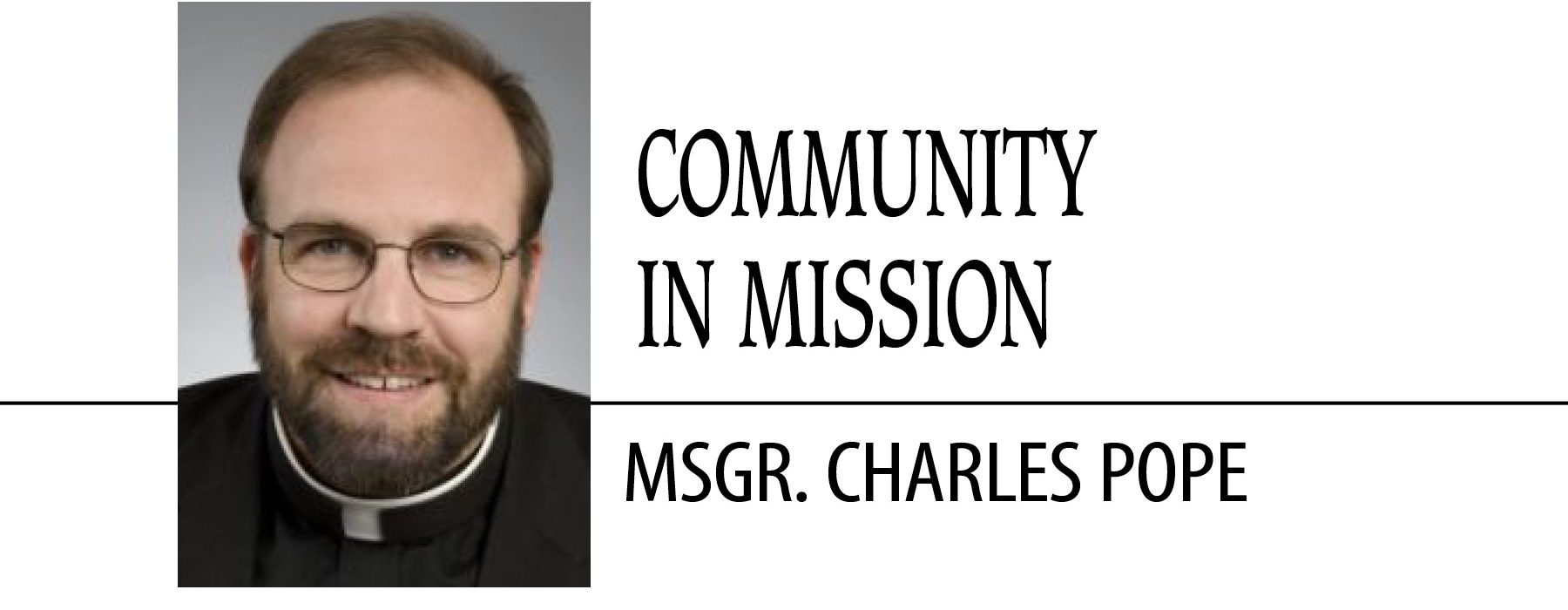February 10, 2021 // Perspective
Why does God make us wait?
In last Sunday’s Gospel, Jesus healed many people at Capernaum. But the next day, though many were looking for Him and wanted healings, He said to His apostles that it was time to move on to other towns. In other words, He left some to wait for another day when He would return. Let’s get a word from the saints and further ponder the mystery of waiting on the Lord.
Indeed, one of the most common frustrations in the spiritual life is the fact that God often makes us wait. Many of our requests are made with an elevated sense of urgency. Frankly, we are in a big hurry about many things — but God is not. Although He could fix every problem in an instant, He does not, and He has His reasons for this.
While the reasons for God’s delay may be somewhat mysterious, we can certainly understand some of them. For example, any parent knows that giving a child whatever he wants precisely when he wants is to spoil him. Learning to wait is beneficial. It humbles us, keeps us vigilant, helps us to clarify our desires, and aids us in developing self-control.
St. Augustine beautifully describes another reason that God would have us wait:
“The entire life of a good Christian is in fact an exercise of holy desire. You do not yet see what you long for, but the very act of desiring prepares you, so that when he comes you may see and be utterly satisfied.
“Suppose you are going to fill some holder or container, and you know you will be given a large amount. Then you set about stretching your sack or wineskin or whatever it is. Why? Because you know the quantity you will have to put in it and your eyes tell you there is not enough room. By stretching it, therefore, you increase the capacity of the sack.
“And this is how God deals with us. Simply by making us wait he increases our desire, which in turn enlarges the capacity of our soul, making it able to receive what is to be given to us.
“So, my brethren, let us continue to desire, for we shall be filled!” (Tract. 4: PL 35, 2008-2009)
St. Teresa of Avila said something similar in her spiritual work, “The Interior Castle.” In her reflection on the fourth mansions, she introduced the first stages of contemplative prayer.
“I remember a verse we say at Prime at the end of the final Psalm; the last words are: ‘Cum dilatasti cor meum’ — ‘When Thou didst dilate my heart.’ … [A] person must have dwelt for a long time in the former mansions before entering these … [otherwise] all occasions of gaining merit would be withdrawn, were [the soul] left continually absorbed in God. [This is] the difference between sweetness in prayer and spiritual consolations. (1:3-5)
In effect, she is teaching that one rarely reaches deeper prayer without the necessary waiting, as God leads us through the stages of the purgative way (mansions one through three). We must wait and cooperate as God does His work to purify us and enlarge our hearts to receive the gift of deeper prayer. And even once deeper prayer is attained, it cannot be all sweetness, for then merit and further growth would be lost.
God must increase the size of our heart, but this takes time. If we are faithful, waiting brings about yearning. To yearn is to increase our desire and to enlarge our heart. This prepares us for the greater gifts God wants to bestow upon us.
There are many reasons God has us wait. Allow St. Augustine and St. Teresa to teach you one important reason. Let God enlarge your heart through desire. Only then will it be big enough to enjoy the full extent of what He is offering.
Wait for the Lord.
Msgr. Charles Pope is the pastor of Holy Comforter – St. Cyprian Catholic Church, Washington, D.C.
The best news. Delivered to your inbox.
Subscribe to our mailing list today.






